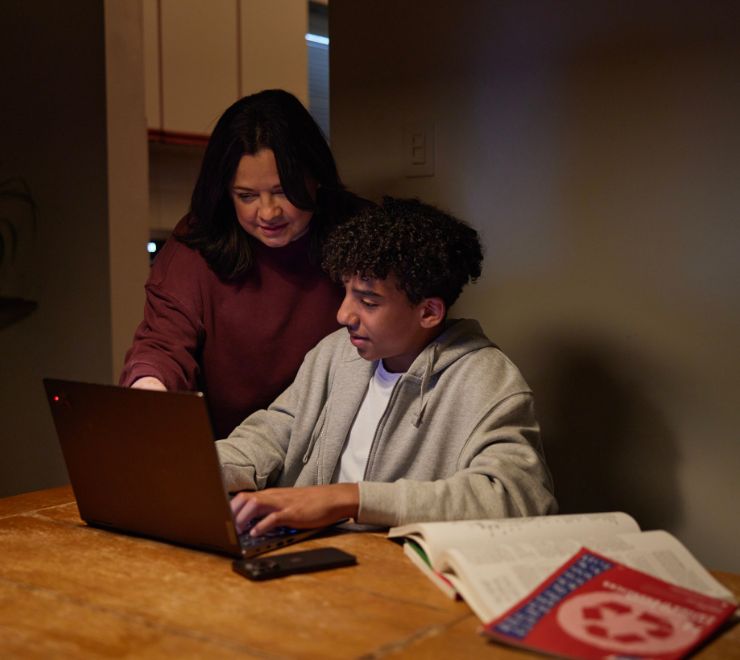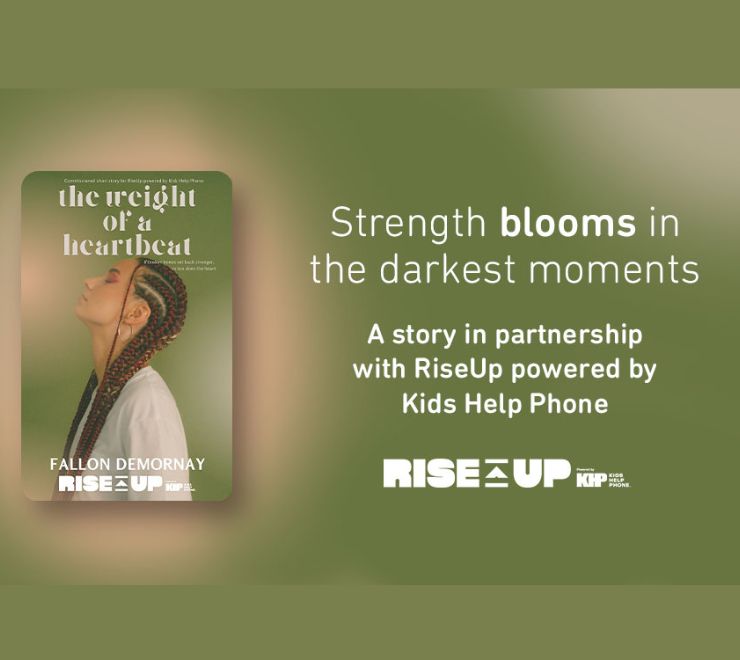Sexting is a way to explore sexuality, trust, boundaries and intimacy. Not all teens sext, but for those who do, it’s important to know the facts on safer sexting, consent and the law.
Not all teens sext, but for those who do, their experiences are very different. Even when there is consent, trust and respect between people who decide to sext, it’s hard to be completely sure a sexual message will be private.
What is sexting?
Sexting is sending and receiving sexual messages through technology such as a phone, app, email or webcam. For some people, sexting is a way to explore sexuality, trust, boundaries and intimacy. However, in some cases, sexting is used to bully, blackmail and exploit.
Sexts can involve words, photos or videos such as:
- a message or post written with sexual language
- nude or semi-nude photos/videos
- photos/videos of sexual acts
- live chats with someone on webcam involving sexual acts
- screen-captured photos/videos recorded from webcam
The decision to sext is personal — not everyone feels the same way about it. Most teens decide not to sext. Older teens are more likely than younger teens to send and receive sexts.
According to a 2013 Kids Help Phone survey of young people who’ve sent sexts in the past:
- 49% sent them to their girlfriend/boyfriend
- 43% sent them to someone they liked and were hoping to be in a relationship with
- 31% sent them to someone they only knew online
- 20% sent them to someone they didn’t know
If you have questions or concerns about sexting, you can always call a Kids Help Phone counsellor at 1-800-668-6868.
To sext or not to sext?
Sexting requires mutual trust, respect and consent. If you sext, it’s important to feel comfortable — you should not feel pressured into it.
Some of the reasons people may choose to sext are:
- to explore sexuality with someone they care about
- to connect with someone they like
- pressure from others
According to a 2013 Kids Help Phone survey, the top reasons young people gave for why they sext include:
“I do it for fun.”
“I was pressured.”
“To get a boyfriend/girlfriend.”
“I was curious.”
“As a joke between friends.”
The survey found that 28% of young people who had sent sexual messages felt pressured into it. Most of the time, this pressure was coming from someone who wanted a sext sent to them.
For some people, being sexual through a phone, app or webcam can feel easier than doing something sexual in person.
If your sext includes a photo/video, it’s important to remember once it’s created, it’s impossible to control where it ends up. Even photos/videos shared through an app promising they’ll disappear aren’t completely private. (Someone could still save a copy.)
Choosing whether or not to sext is a decision only you can make. Feeling uncomfortable or pressured to sext is never OK. You can call Kids Help Phone if you have questions or concerns about sexting at 1-800-668-6868.
I’m thinking about sending a sext
If you’re considering sexting, here are some questions to ask yourself:
• Why do I want to send a sext?
It’s important that you feel in control of whether you send a sext and that you send it because you want to. If you’re feeling uncomfortable or pressured, it’s always OK to say ‘no’.
• How well do I know the person I’m sexting?
Sexting with someone you met online or someone who’s much older than you has different legal concerns than sexting with someone your own age.
• If I send a sext with a photo/video, will I have control of where it ends up?
It’s impossible to have control of a photo/video once it’s sent.
• What is my gut telling me?
Trust your instincts and only take part in things you feel comfortable with.
• Will the police get involved?
If your sext contains photo/video, the police won’t get involved if:
- you created and sent a sexual image of yourself of your own free will (you weren’t threatened or blackmailed)
- neither abuse nor assault is depicted
- you sent it to someone close to your age
- it stayed private between you and the person you sent it to
You can talk to a lawyer if you have questions about sexting and the law. Resources Around Me can help you find legal resources in your area.


















